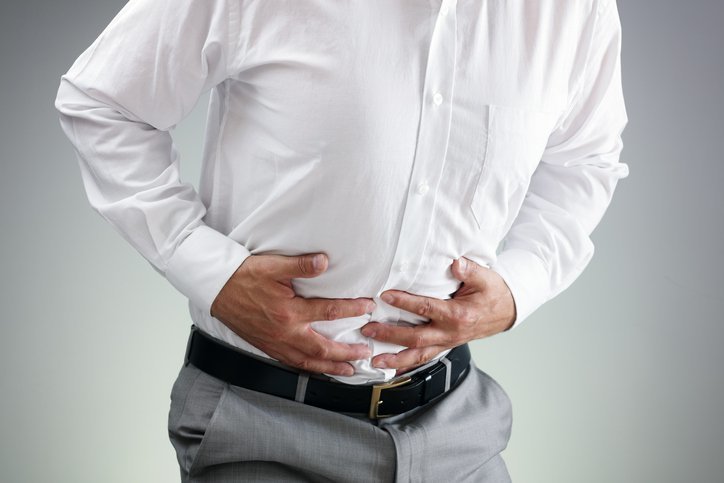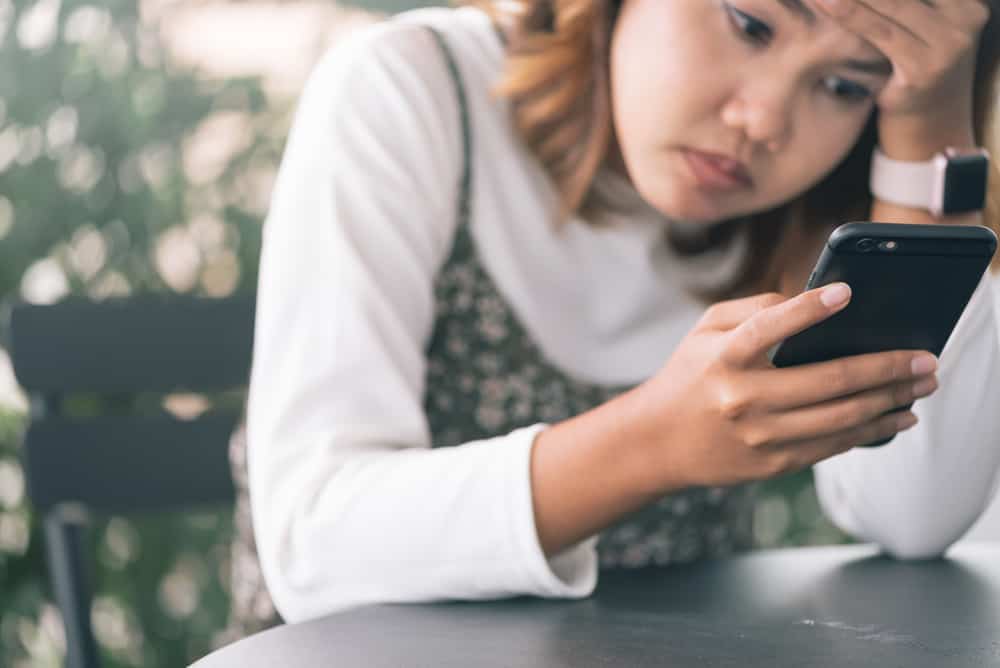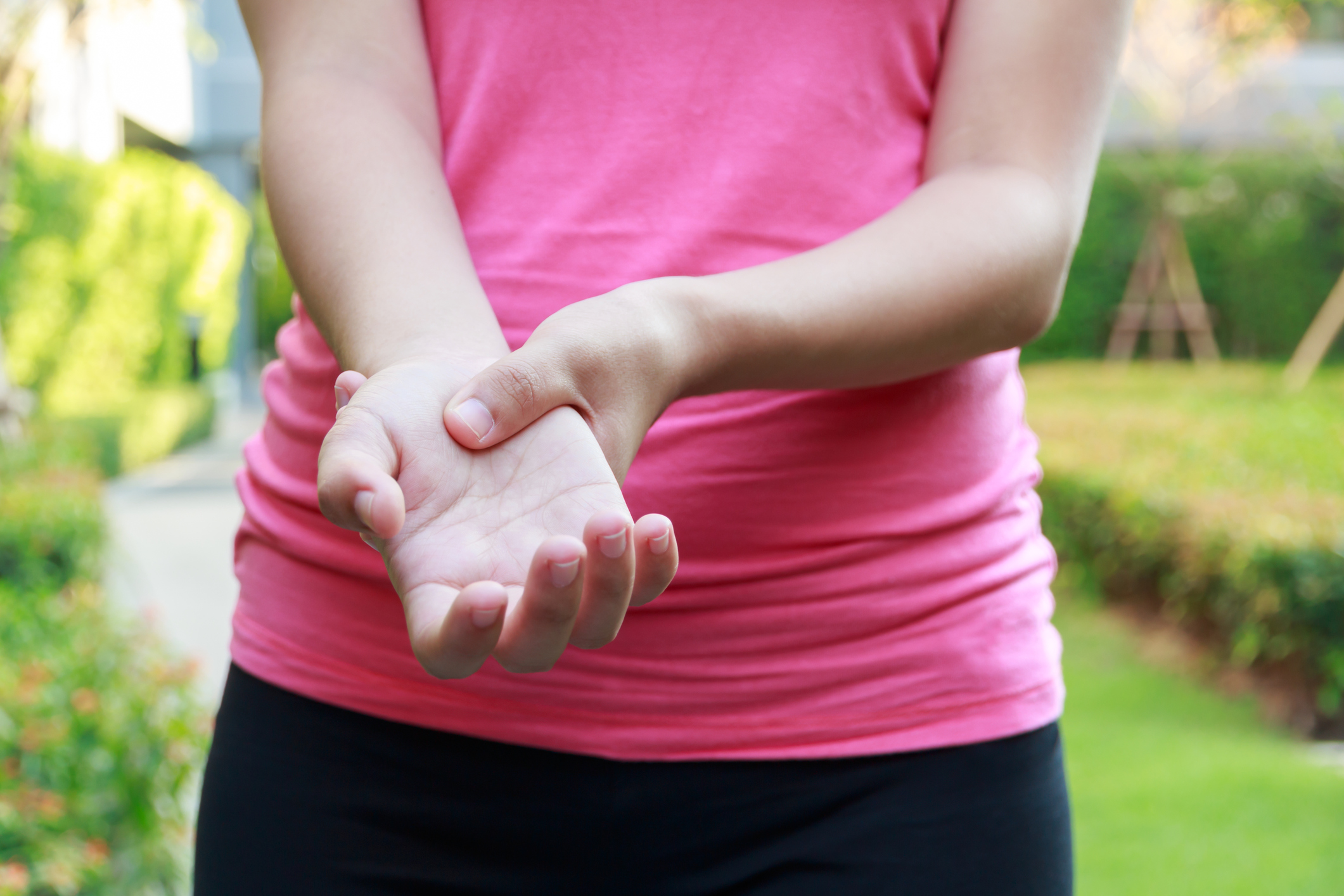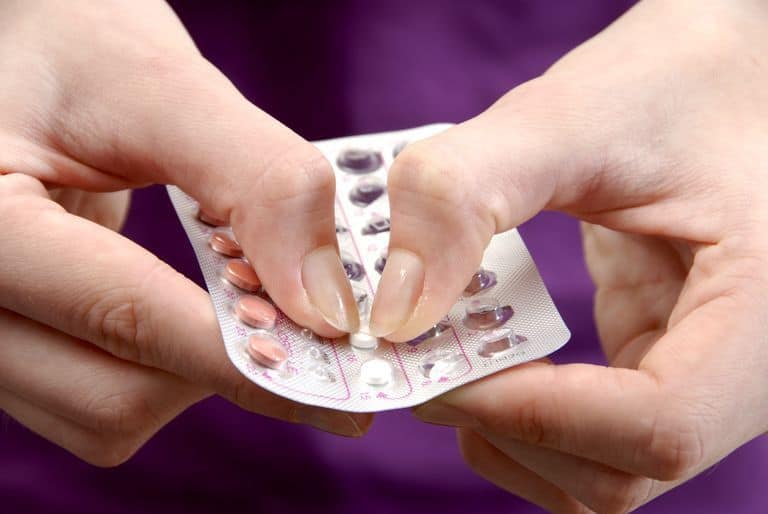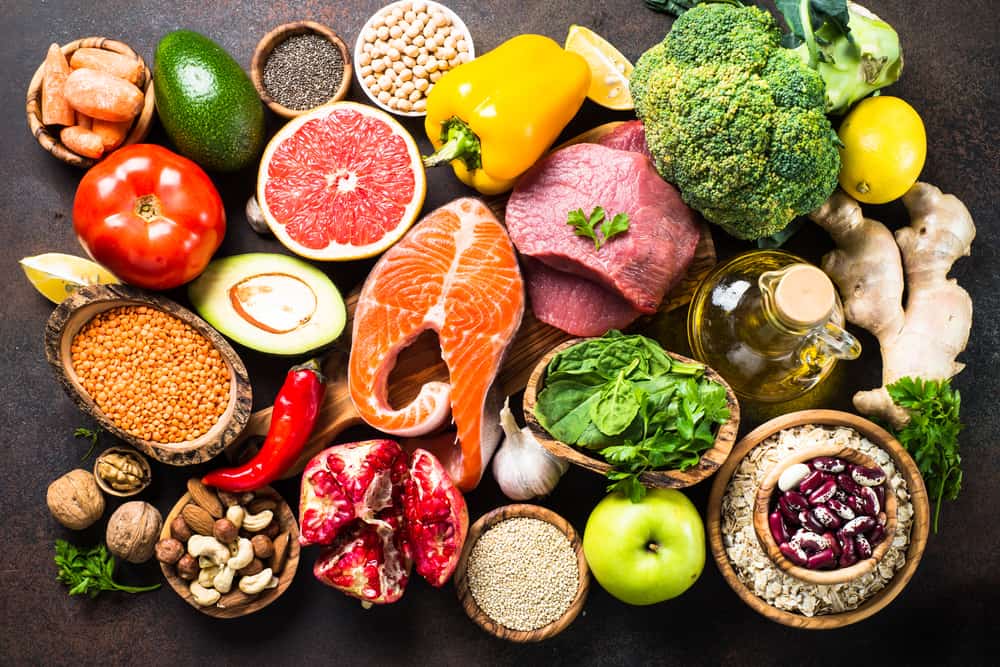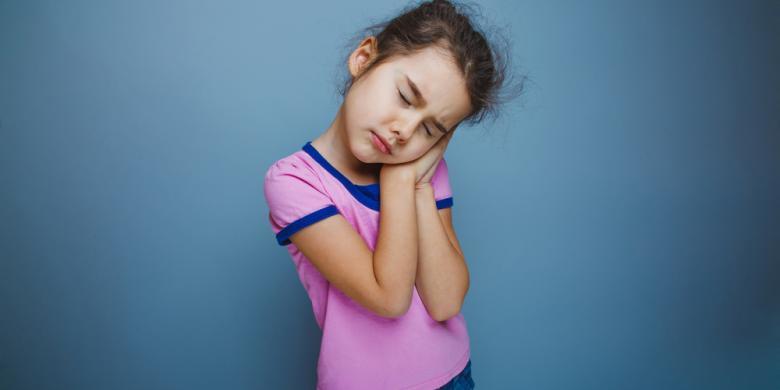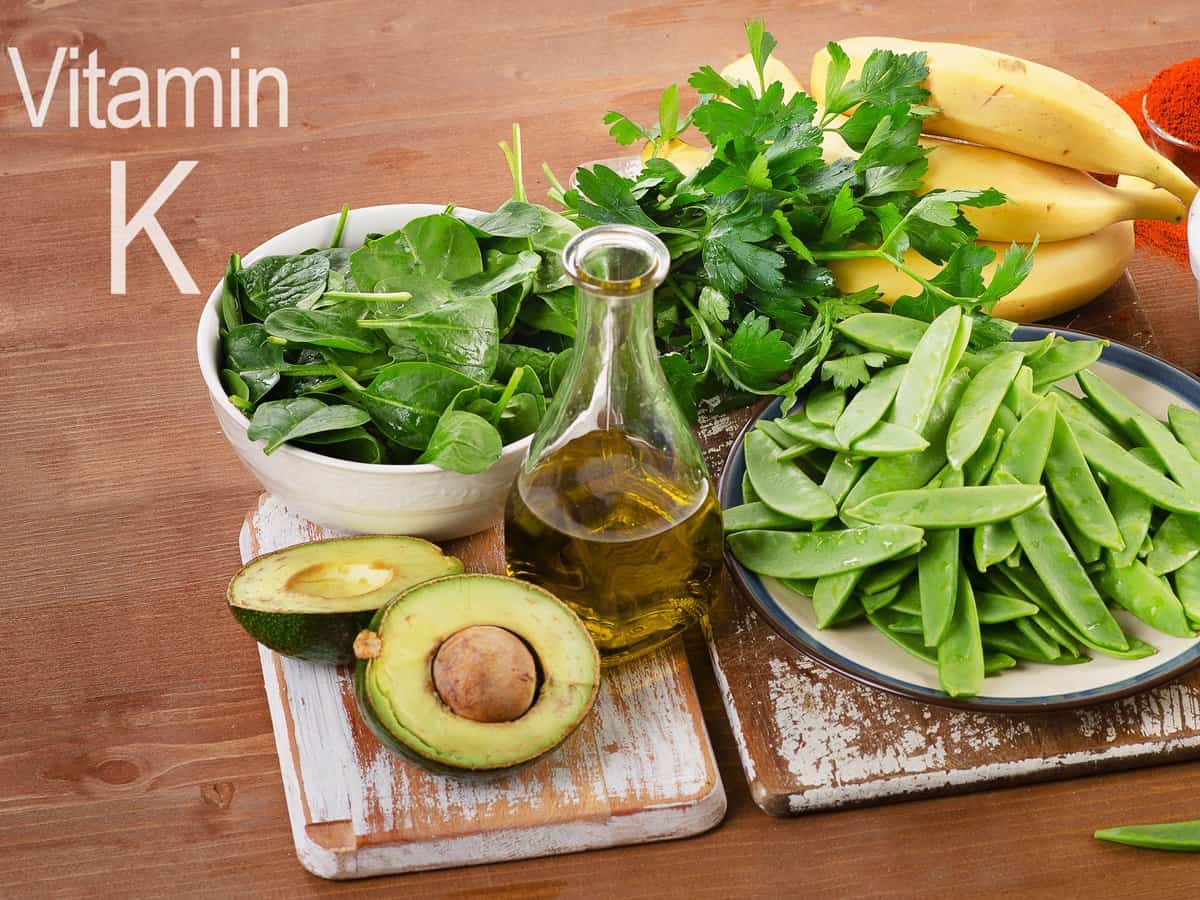Contents:
- Medical Video: How to Eat After Food Poisoning
- Types of food poisoning
- 1. Foodborne infections
- 2. Foodborne toxicoinfections
- 3. Foodborne intoxications
- Symptoms of food poisoning
- 1. Stomach cramps
- 2. Vomiting and diarrhea
- 3. Dehydration
- 4. Other symptoms
- How to deal with food poisoning
Medical Video: How to Eat After Food Poisoning
In developing countries like Indonesia, we often encounter food poisoning cases. Food poisoning is a condition of digestive disorders caused by consumption of food or water contaminated with pathogenic substances and / or chemicals. In addition, toxic substances can also enter our body through inhalation (inhaled) or through skin contact.
The emergence of poisoning depends on the amount of substance and the way it enters the body. Clinical symptoms that arise according to the influence of destructive toxins. Generally in diseases caused by food poisoning, the symptoms occur shortly after ingesting the poisonous material, even after swallowing the poisonous material and less than 24 hours after ingesting the poison.
Types of food poisoning
There are several terms that must be distinguished in cases of food poisoning. This helps us in determining the cause of poisoning so that it can be treated immediately. The term is:
1. Foodborne infections
Occurs when germs are consumed and then settled in the body. Usually, germs multiply inside the digestive tract while irritating the gastrointestinal wall, sometimes even damaging the tissue. Examples of these group germs are Listeria, Salmonella, and Campylobacter.
2. Foodborne toxicoinfections
Occurs if the germs consumed can produce toxins while reproducing in the digestive tract. That is, not only harmful germs, but the toxins they produce.
3. Foodborne intoxications
Occurs due to eating foods that contain toxins. This toxin is released during bacterial growth (enterotoxin). The disease against this toxin usually causes symptoms quickly. For example, consumption of raw seafood can be suspected of containing Norwalk-like virus, Vibrio sppor hepatitis A.
Symptoms of food poisoning
1. Stomach cramps
According to scientists from the University of Maryland Medical Center, these stomach cramps can be felt after eating food more or less within 12-72 hours. This symptom shows that there are enough electrolytes lost in large quantities. If the effects of these poisons are not too dangerous, usually these symptoms will disappear on their own within 4-7 days. However, if the symptoms become more severe, immediately take the patient to medical services, because losing electrolytes can be very dangerous.
2. Vomiting and diarrhea
Vomiting and diarrhea are the body's efforts to remove toxins from the body. Usually when diarrhea will be accompanied by discharge of mucus and blood together with discharge. Excessive diarrhea and vomiting can get rid of nutrients so that the body becomes weak. If this continues, the patient can fall into a state of dehydration.
3. Dehydration
Dehydration is caused by a lack of body fluids and electrolytes. Dehydration is a further symptom of vomiting and diarrhea. If it is too severe, it is necessary to give direct replacement fluids such as infusion. Signs of dehydration are a rapid pulse, decreased blood pressure, dry mouth, sunken eyes, and a reduced amount of urine. In addition, patients are also lazy to drink.
4. Other symptoms
Depending on the toxins that enter the body. Usually other symptoms include fever, shortness of breath, muscle aches, weakness and fatigue for no apparent reason, severe headache, until fainting and coma.
How to deal with food poisoning
How to overcome food poisoning must be adjusted by the cause of poisoning, because different germs, different ways of treatment. However, there are general principles that you can do at home before the patient gets medical help. The simple things you do will greatly help doctors to minimize the impact of food poisoning, and even save the lives of patients. Here's what you can do:
- Monitor the patient's condition. Keep the patient in a conscious state. Loosen the patient's clothes to make it more comfortable.
- As much as possible for vomiting patients with mechanical stimuli (suppress vomiting reflexes in the throat), or giving salt water. This is to remove toxins that have not reached the stomach. However, do not do this to the patient who is unconscious or seizures because it can cause aspiration.
- Tilt the patient's head, to facilitate the flow of vomiting.
- Do not give anti-vomiting medication because vomiting is a mechanism for removing foreign substances in the body. Anti-vomiting medication only if the patient is severely dehydrated.
- If the patient is aware and can drink, give milk or coconut water.
- Give an absorbent class of drugs (for example, kaopectate, aluminum hydroxide) that are useful for absorbing toxins in the intestine. Do not stop the diarrhea unless the patient is in a state of severe dehydration.
- Give liquid containing salt and sugar (ORS). If there are signs of dehydration, immediately bring the patient to the nearest health service to get an IV.
- Remember the last meal consumed by the patient before the onset of symptoms. In addition, we can guess the cause of poisoning from the distinctive odor that comes out of the patient's mouth. Report this to the treating doctor.
READ ALSO:
- First Aid for Cyanide Poisoned People
- Preventing and Overcoming Food Poisoning in Children
- Can Active Charcoal Really Get Rid of Toxins in the Body?

